Articles containing: digital media
Digital Vigilance and Our Kids
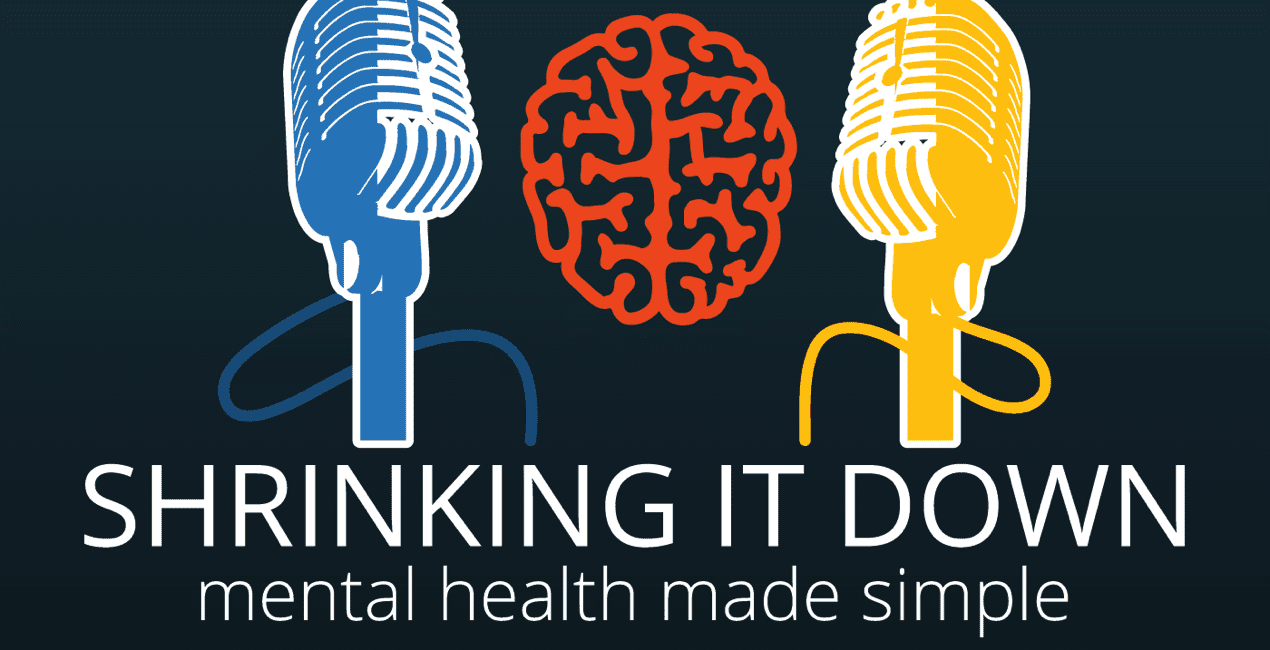
We’ve reached a point in time where most of our kids have grown up with digital media as a way of life. Social media, instant viral news, e-learning, digital surveillance – it’s all here to stay. And it’s not all bad. But there are some legitimate concerns about how it’s impacting the mental health and safety of young people.
Medios digitales e imagen corporal
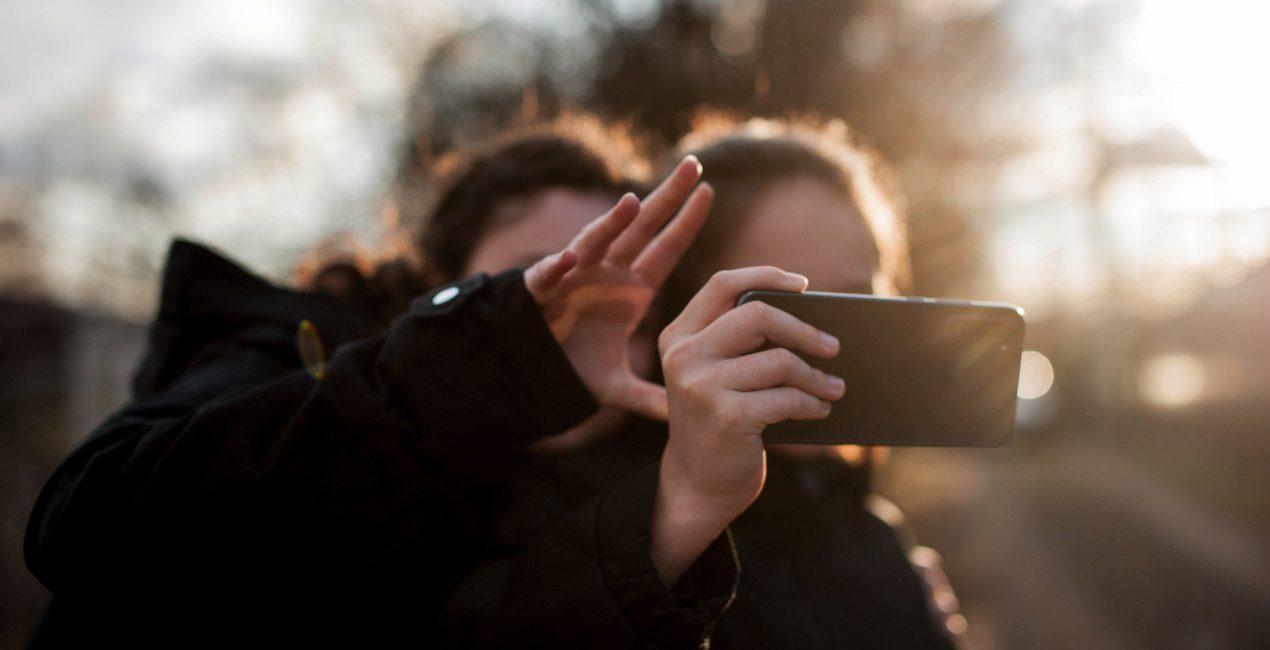
Gene Beresin y yo hemos trabajado con personas que luchan contra los trastornos alimentarios, principalmente niñas y mujeres jóvenes y sus familias durante años.
When Young People Lose a Hero to a Tragic Death

Most of us, young and old, were stunned by the tragic death of Kobe Bryant along with his daughter. Whether you are a Laker’s fan or not, Kobe represented something more, including for young people.
Tom Brady said it this way in a Twitter statement:
“And in this tragedy, I have learned so much.
How to Help Kids Cope With Situational Anxiety
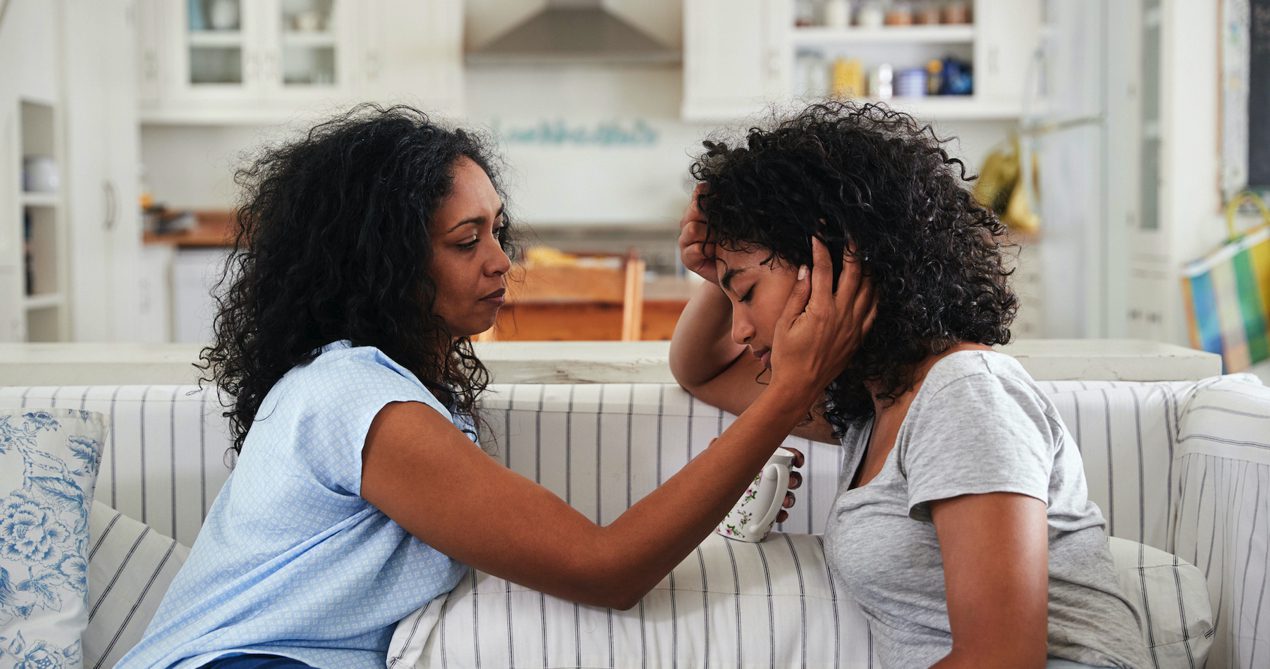
Este artículo está disponible en español.
Anxiety is a way we humans have evolved to protect ourselves.
Being an Emotional Sponge: Supporting Young People Who Are Supporting Friends
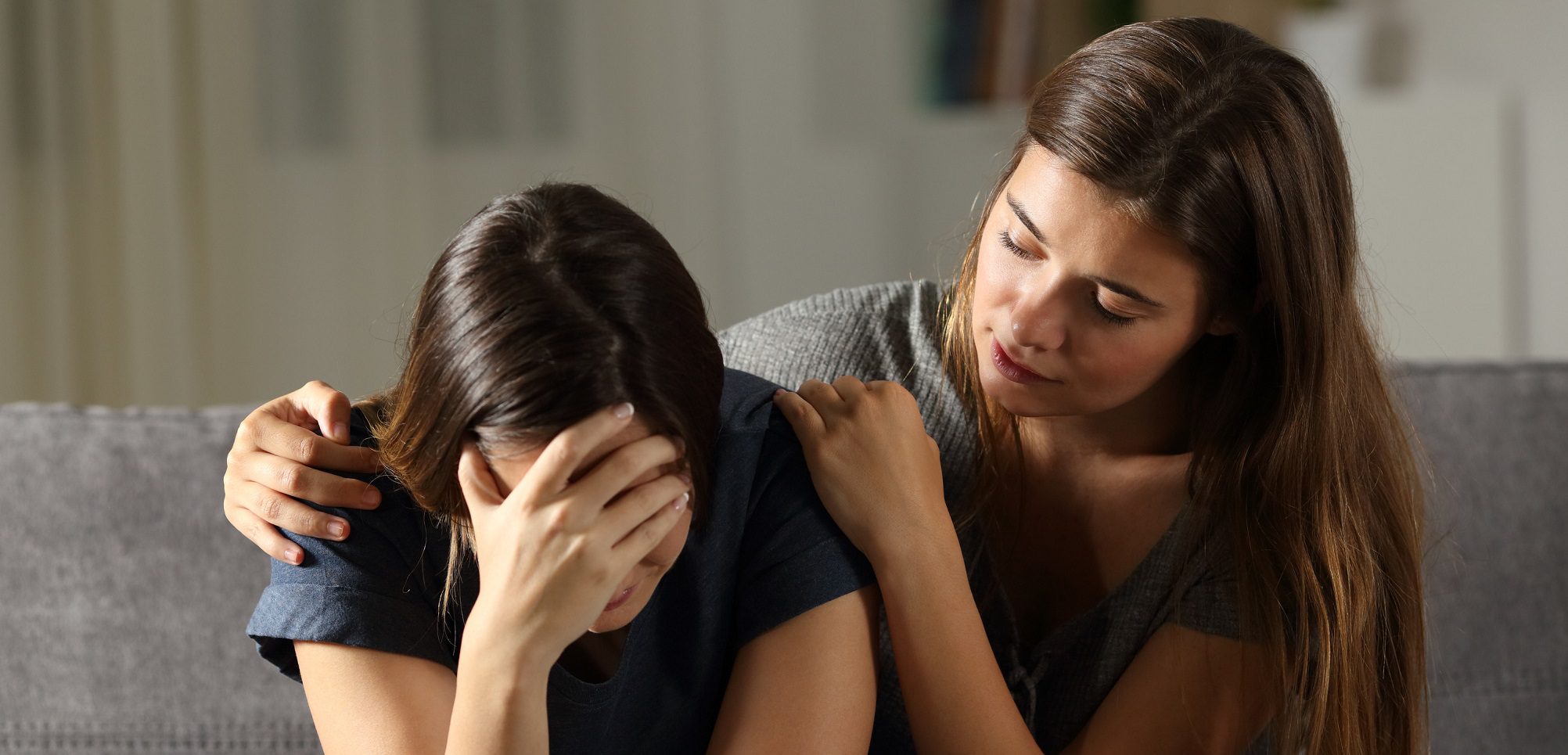
Listen to Dr. Gene Beresin and Dr. Ellen Braaten talk more about supporting teens who are supporting friends on our podcast. Tune in below, or search for “Shrinking It Down” wherever you get your podcasts.
Supporting friends who are struggling can be a valuable thing.
New Year’s Resolutions: How To Make Them Work

New Year’s resolutions…
Many of us have made them in the past, and I bet some folks have even followed through with them! But if we’re honest, most of us don’t follow through with the goals we set at the start of the year. One study found that less than half of those who made resolutions were still sticking them by June.
Kids Under Surveillance! – Shrinking It Down

Today’s kids and teens are increasingly under surveillance, including by their own schools and parents. In some ways this is nothing new. Adults have always monitored kids for risk.
11 Self-Care Tips for Teens and Young Adults

Este artículo está disponible en español.
Stress. Teens and young adults today are more stressed, anxious, depressed and lonely than ever – at least in the United States. At first glance, it’s hard to wrap your head around this fact.
Healthy Body, Healthy Mind
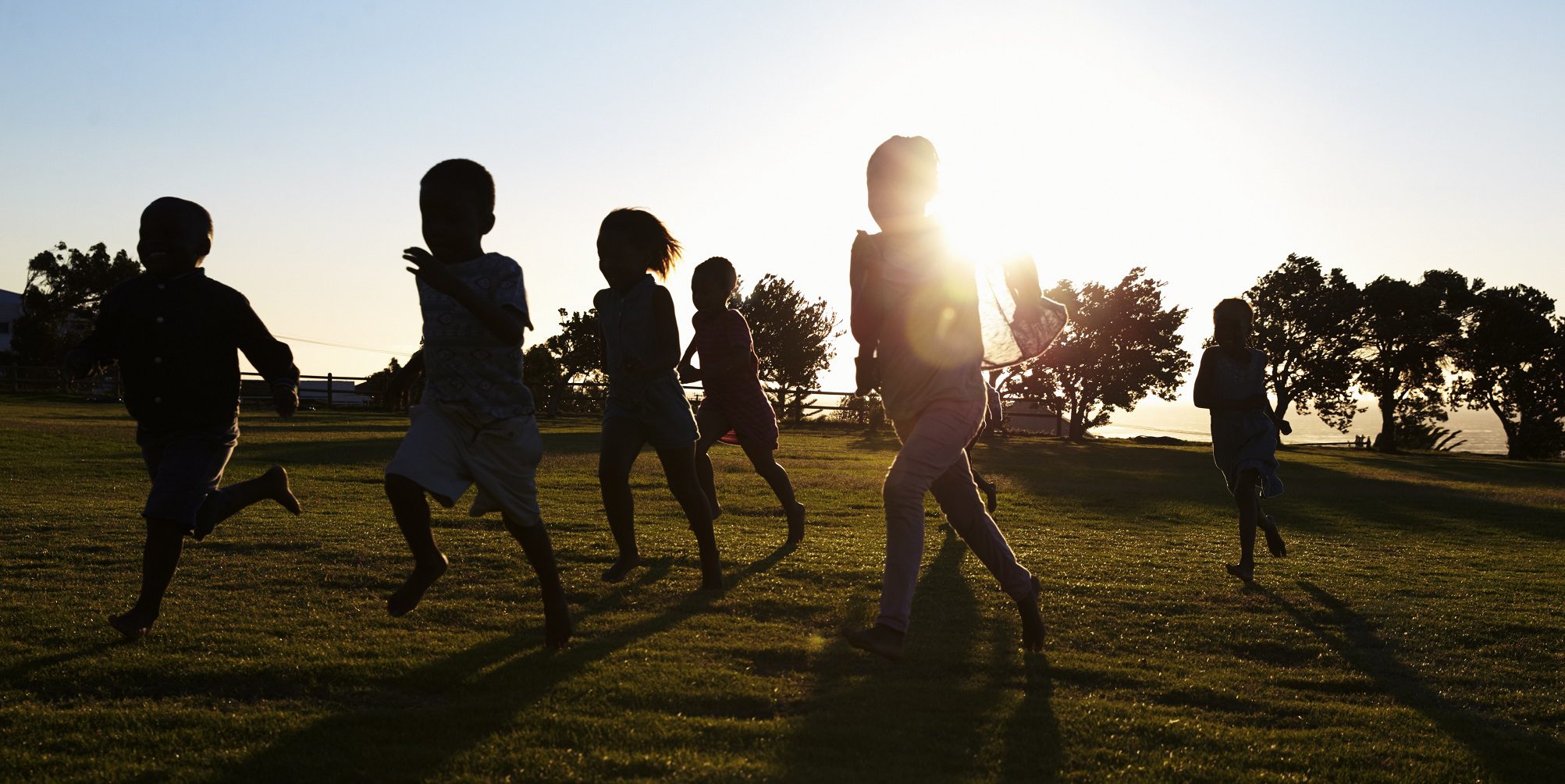
“When you feel good, you have a much better chance to make good decisions.” – Ming Sun
The divide between mind and body has been debated for centuries. As we learn more about how our physical health influences our mental well-being, this divide becomes harder to find.
Digital Media and Body Image

Este artículo está disponible en español.
When it comes to social media and body image, there are a lot of questions. Gene Beresin and I have worked with individuals struggling with eating disorders, largely girls and young women and their families for years.



